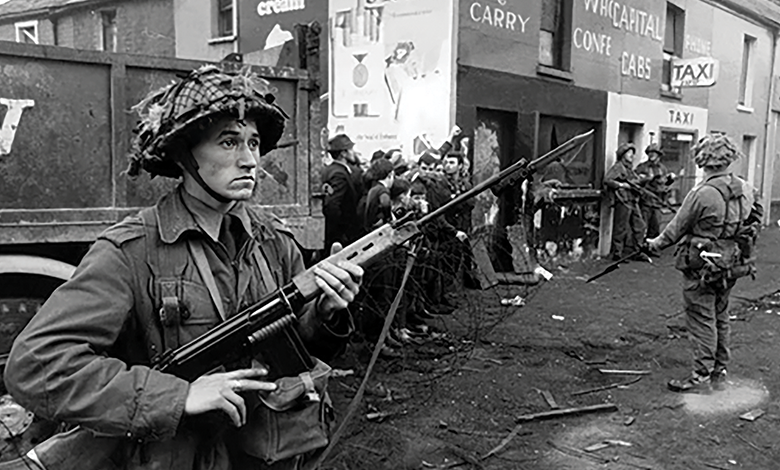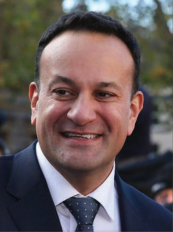United opposition to Troubles Legacy Act

The UK Government has passed legislation which will halt the prosecution of British soldiers, police officers, and paramilitary members accused of committing violent crimes and killings during the conflict in Northern Ireland between 1969 and 1998.
The legislation gives a conditional amnesty to all those accused of killings during ‘the Troubles’, in what former Prime Minister Boris Johnson described as an attempt to “draw a line under ‘the Troubles’” when he first announced the plan to legislate for the Bill in July 2021. It further stops any new ‘Troubles’-era court cases and inquests being held in the UK.
Given Royal Assent in September 2023, Northern Ireland Troubles (Legacy and Reconciliation) Act 2023 has managed to unite all of the leaders of major parties in both Northern Ireland and the Republic in opposition.
The Act has been described by Secretary of State for Northern Ireland Chris-Heaton Harris MP as “a real opportunity to deliver greater information, accountability and acknowledgement to victims and families, moving away from established mechanisms that have left far too many empty-handed”.
However, already 11 challenges have been lodged in the courts in the UK, as well as the looming prospect of a case being brought forward against the UK by the Government of Ireland.
The legislation will lead to the establishment of an Independent Commission for Reconciliation and Information Recovery (ICRIR), rendering the role of the Historical Investigations Unit – established under the aegis of the 2015 Stormont House Agreement – redundant.
The Act aims for the new organisation to help families “find out more about the circumstances of how their loved ones were killed or seriously injured”, with the legislation specifying that self-confessed perpetrators who provide a truthful account of their actions to the ICRIR “can be granted immunity from prosecution”.
The legislation has been enthusiastically welcomed by British Conservative politicians, with Tory MP Johnny Mercer saying: “The hounding of these special people who stood against terror and violence in Northern Ireland on our behalf was appalling, it was a stain on our nation not just on the veterans’ community.”
Among local politicians, the legislation has been met with universal condemnation across unionism and nationalism, with the DUP arguing that it equates the British Army with paramilitaries, and broad nationalism making the case that the British Government has granted itself the ability to prevent itself from being prosecuted for alleged crimes made in its name.
The legislation has also been condemned internationally, with United States Congressman Richard Neal stating that he is “disappointed by the news that the Legacy Bill has passed through Westminster”.
Although Secretary of State Heaton-Harris has said that he “hopes” to see the Irish Government support the legislation, the Irish Government has said it is continuing to wait for legal advice to inform whether it takes a challenge against the legislation, with Minister Paschal Donohoe TD saying: “I expect we will see that advice soon and then, at that point, the Government will make a decision.”
Political leaders’ reactions









